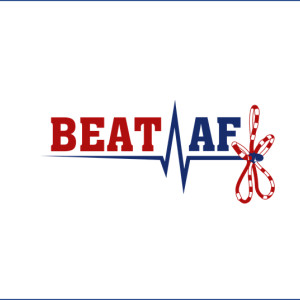 \
&
Contact us
\
&
Contact us
 \
&
Contact us
\
&
Contact us
Published on | 7 months ago
Programmes HealthIn April 2025, the European Commission is expected to publish the Horizon Europe work programme 2025, including the calls for proposals in the health domain (cluster 1). Horizon Europe is the EU funding programme for research and innovation and the calls opening in the health domain require a consortium of partners, including companies, to apply.
In the health part of the forthcoming work programme, the Commission is specifically encouraging SMEs to participate in 9 out of the 19 topics that are foreseen to open on 22 May 2025. This is the case for the following topics:
Furthermore, the call topic on ‘Boosting the translation of biotech research into innovative health therapies’ requires that at least 50% of the total EU contribution to the project should go to SMEs.
Disclaimer: the draft Health Cluster text of the forthcoming Horizon Europe work programme 2025 that is already circulating is a provisional version that may be subject to change and will only take a final form upon official publication by the European Commission (expected in April/May 2025).
We offer news and event updates, covering all domains and topics of Horizon Europe, Digital Europe & EDF (and occasionally, for ongoing projects, Horizon 2020).
Stay informed about what matters to you.
By signing up, you can opt in for e-mail notifications and get access to
a personalised dashboard that groups all news updates and event announcements in your domain(s).
Only for stakeholders located in Flanders

The Horizon2020 project BEAT-AF brings together 9 European renowned clinical centres in France, Belgium, Czechia, Germany and Austria. Together, the consortium strives to revolutionize Atrial Fibrillation (AF) treatment through catheter ablation and contribute to decrease the huge burden of AF in Europe. The BEAT-AF project kicked off in 2021 and will run until 2026. The department of electrophysiology of the AZ Sint-Jan Hospital in Bruges is partner in the project and has so far contributed to the pre-clinical development, the first in man studies and first registries of the revolutionary AF treatment put forward by the consortium. The first pilot studies show that the treatment is safe, effective and efficient.